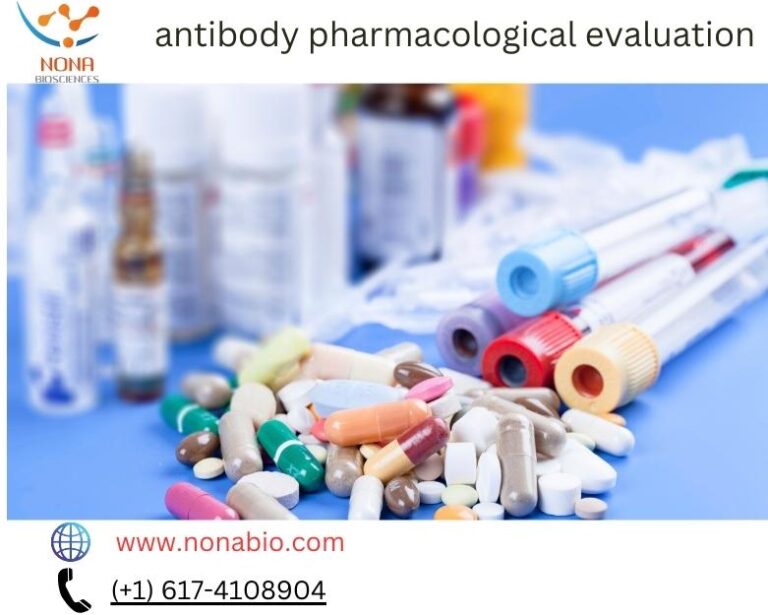
Antibody pharmacological evaluation is a vital process in the development of antibody-based therapeutics, focusing on assessing the efficacy, safety, and pharmacokinetics of potential treatment candidates. This process is intricate and involves multiple stages, each critical for ensuring that only the most effective and safest biologics proceed through to clinical use.
The evaluation starts with the selection of the target antigen, which is crucial for determining the therapeutic potential of the antibody. The target must be accessible on the cells and involved in disease pathology, ensuring that the antibody can effectively interact and modulate its activity, leading to clinical benefits.
Following target identification, the generation of monoclonal antibodies (mAbs) begins. This involves using hybridoma technology, phage display, or transgenic animals to produce antibodies that are highly specific to the target antigen. Each antibody pharmacological evaluation candidate is then characterized for binding affinity, specificity, and the ability to modulate the target function in vitro.
The next phase is preclinical in vivo studies. These studies assess the pharmacokinetics (PK), pharmacodynamics (PD), and toxicity of the antibody in suitable animal models. PK studies focus on the absorption, distribution, metabolism, and excretion of the antibody, providing crucial data on dosing and delivery routes. PD studies, on the other hand, measure the biological activity of the antibody and its effect on the disease process, such as tumor growth inhibition in cancer models.
Toxicity testing is equally significant and involves evaluating the potential adverse effects caused by the antibody. This includes acute toxicity, chronic toxicity, immunogenicity, and off-target effects. These studies help refine the antibody formulation and dosing regimen to minimize risks and maximize therapeutic efficacy.
Once a candidate has demonstrated safety and efficacy in preclinical models, it progresses to clinical trials, starting with Phase I. Clinical trials are meticulously designed to test the antibody in a small group of healthy volunteers or patients, assessing its safety, tolerability, and optimal dosing range. Subsequent phases (II and III) focus on efficacy in larger patient groups and comparison with standard treatments.
Throughout these stages, the regulatory requirements must be rigorously followed. These include guidelines set by bodies like the FDA and EMA, which require detailed documentation and evidence of the antibody’s safety and efficacy before granting approval for clinical use.
Additionally, the production process itself needs careful consideration. The manufacturing of monoclonal antibodies must adhere to Good Manufacturing Practices (GMP) to ensure the product is free of contaminants and consistent in quality. This is crucial because any variations in the manufacturing process can alter the structure and function of the antibody, impacting its safety and effectiveness.
In conclusion, the pharmacological evaluation of antibodies is a detailed and complex process that spans several critical stages from bench to bedside. Each stage builds on the previous to ensure that the final therapeutic product is both safe and effective for human use. This rigorous evaluation not only helps in the development of new therapies but also in the improvement of existing treatments, ultimately enhancing patient outcomes in various disease conditions.